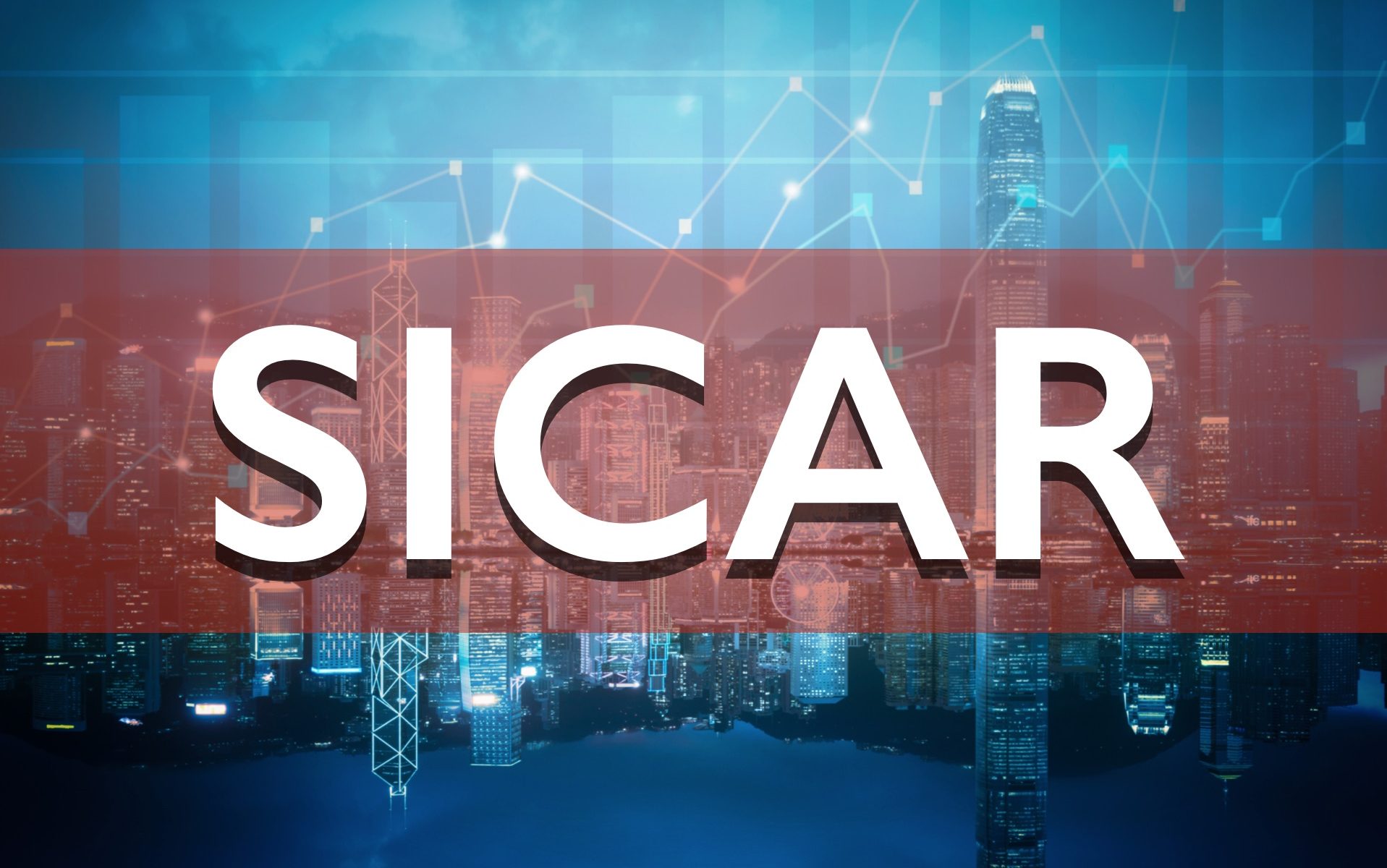What is a SICAR?
Are you an informed investor looking to outperform the market, even if it means taking risks and investing long-term in an illiquid vehicle? If so, do you know about SICARs, a bespoke Luxembourg vehicle created by the Law of 15 June 2004? myLIFE gives you the lowdown.
We should start by pointing out that, despite sounding similar, a SICAR has absolutely nothing to do with a SICAV. SICAR stands for Société d’Investissement en Capital à Risque (risk capital investment company). It is designed for informed investors who have an in-depth knowledge of how funds work. These are (i) institutional, (ii) professional or even (iii) retail investors who declare in writing that they hold “informed investor” status and:
-
- either invest a minimum of €100,000 (€125,000);
- or provide a certificate, issued by a credit institution, investment firm or asset management company, confirming that they have the investment expertise, knowledge and experience to sufficiently understand an investment in venture capital.
If you are wondering whether you meet these criteria, it probably means that you don’t (yet)! That said, it may be useful to know about SICARs and their benefits, especially if you have just launched a promising company. One day you may well be the beneficiary of investments made by a SICAR.
The aim of a SICAR is to invest its resources in securities that carry a risk (companies that need direct or indirect funds to start up or grow).
A risky investment that can pay off big
SICARs are a bespoke Luxembourg vehicle created by the Law of 15 June 2004. They are primarily intended for investors who wish to make their funds available to entities looking to start up, develop or float on the stock market. One can also talk of venture capital or private equity.
The aim of a SICAR is to significantly outperform the market by investing its resources in highly promising securities that carry a risk (companies that need direct or indirect funds to start up or grow). Apart from this risk, the maturity of the investment is generally long (often several years) and its liquidity very limited.
A SICAR can take six different legal forms:
-
- SCS (common limited partnership);
- SCSp (special limited partnership);
- SCA (partnership limited by shares);
- SCOSA (cooperative set up as a public limited company);
- SARL (limited liability company);
- SA (public limited company).
Lighter regulations
A SICAR’s tax framework differs according to the legal form chosen. While most are subject to corporation tax and local taxes, they are exempt from tax on income from securities and asset sales. A SICAR does not pay any wealth tax either.
The type of investment is not limited by law. This means that SICARs can invest in securities issued by unlisted companies through intermediaries. They are not required to diversify their investments either – venture capitalists are free to concentrate their investments on a single entity; one that specialises in new technologies, for example.
And like SIFs (specialised investment funds), SICARs are one of the least regulated funds, although they still require CSSF authorisation. Informed investors must have access to the prospectus, an important document that provides information on the nature of the investment, along with specialised documentation (KIID – KID). An annual report must also be sent to investors so that they can judge the SICAR’s activities and results.
And there you have it – now you know a bit more about SICARs, a typical Luxembourg investment vehicle. Given their specific constraints and risks, we nonetheless advise you to obtain further information from professionals before considering investment in a certain SICAR. To be forewarned is to be forearmed, but a second expert opinion is still a good investment, even for an informed investor!


 Mortgage
Mortgage Personal loan
Personal loan Savings
Savings